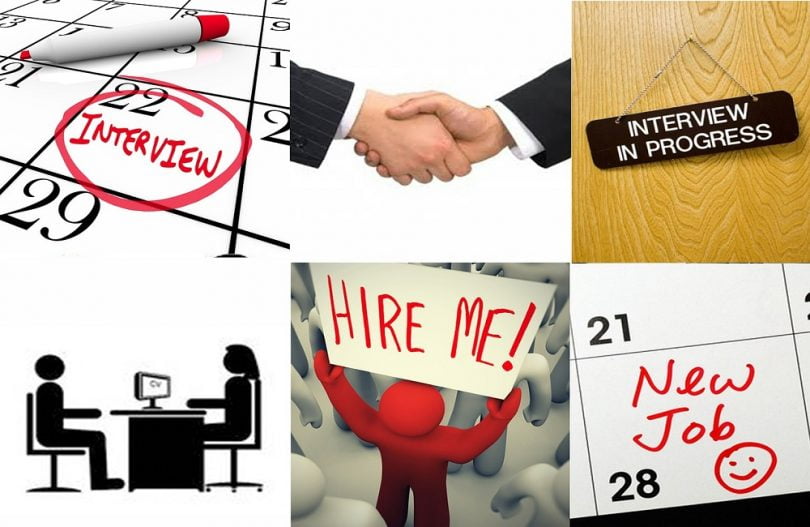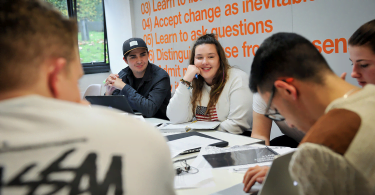Social media has made it easier than ever to build a personal and professional network. At the click of a button, it’s possible to connect with potential employers and build a bulging virtual rolodex without leaving your sofa.
For students and graduates seeking to impress or get noticed as you prepare to enter the job market, platforms like LinkedIn and Twitter allow you to create and communicate a strong personal brand.
Arguably, the old mantra of “It’s not what you know it’s who you know” has been diminished now that you can connect with the CEO of any company, anywhere in the world.
But there are clearly risks involved with using social media as you seek to get on the job ladder too. There are many cautionary tales of employees losing their jobs due to misdemeanours shared or even committed via social media.
Another risk is treating social media as a replacement for building meaningful relationships and connections. While it can undoubtedly be a great door opener, there’s simply no substitute for that face-to-face meeting, or chat over a coffee. And there is much that can be learned from ‘real life’ behaviour that, applied to the way you conduct yourself online, could make a real difference to the results you achieve.
Here are my top tips on using real life etiquette rules on social media to cultivate relationships and ultimately career opportunities, in a competitive, fast-paced landscape.
Not a numbers game
At a busy party would you go round the room asking people to be your friend, then immediately move onto the next person? I’d sincerely hope not. You’re far more likely to end up talking at length with somebody you find interesting and with whom you share common ground. The same principle applies on social media.
It isn’t about numbers, it’s about the quality of the relationships you form. Plain and simple.
Don’t obsess about gathering thousands of connections; your time is much better spent developing meaningful relationships with a handful of realistic targets. So spend some time thinking about who you want to ‘meet’, and why they would be interested in you. Do your research, and show that you are interested in their work and professional experience. It will pay dividends.
Don’t shout
Back to the party example. Would you stand in the middle of a crowded room with a megaphone shouting about your achievements and opinions without stopping to take a breath? Again, I’d hope not – as you’re likely to stop being invited to parties very soon, if you haven’t already.
The same goes for the social media world. If you’re constantly on broadcast mode then you are totally misunderstanding the value and beauty of the medium. Spend time listening, engaging and making timely, valuable interventions. Much like you would at a party. Ask questions, respond to questions you can help with, draw people into conversations – show them you value them.
Remember that social media is a two-way medium and if you’re constantly pushing out content without engaging, people will soon stick their virtual fingers in their ears and ignore you.
Don’t overshare
Would you walk into a job interview and tell them what you had for breakfast, or share an image of yourself in beachwear?
If you are hoping to connect with potential employers, consider the impression you want to create. If you use Facebook in a personal capacity, for example, take the time to understand the privacy settings and use them appropriately.
It may be worth considering completely separate accounts for personal and professional use. If you don’t have the time to maintain both then decide which platforms you will focus on for professional purposes.
And if you’ve ever been guilty of sharing a dodgy political opinion, pictures of a drunken night out or anything that could bring an employer into disrepute, now is a good time to go back on your timeline and get delete happy.
A good tip is to Google yourself to see what comes up – would you be happy for a potential employer to see the results? If not, do something about it.
Make an effort
Stay active on your chosen platforms so that you keep up to date and appear to be engaged and enthusiastic. Remember that as with any real life relationship, building a virtual network takes time and effort.
But if you get it right, you could soon be getting noticed by the right people for the right reasons.
Sara Robinson is Managing Director of the communications consultancy Brighter Comms, based in Cardiff and London, and a member of the Chartered Institute on Public Relations. She is also a columnist for Business Matters magazine and a contributor to BBC Radio Wales.









